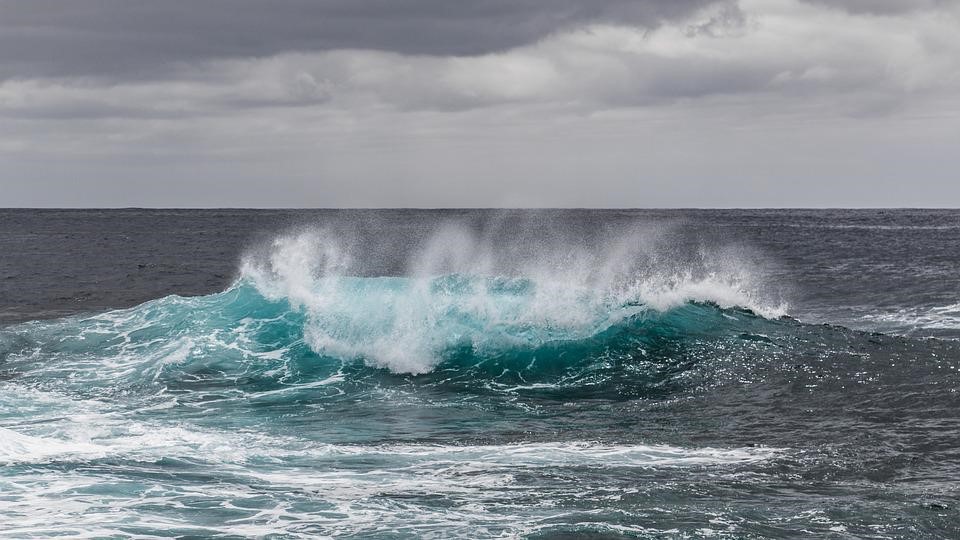Australian Foreign Affairs Minister Penny Wong is touring the Pacific and she is not alone.
Chinese Foreign Affairs Minister Wang Yi also is Island-hopping across the Indo-Pacific, visiting eight states in 10 days between May 26 and June 4, in a political influence competition between the two large Asian nations. He is working simultaneously to limit the US role in the Pacific east of Singapore. Beijing is not succumbing to the Biden’s Administration’s attempt to contain China but, instead, ramping up its efforts to contain democratic efforts. Wang Yi on Thursday arrived in the Solomon Islands to discuss the role of smaller states in the Pacific and how they can avoid the “domination” of the United States and other democratic countries. The Foreign Minister made the Solomon Islands government promises of extensive economic aid and security from Beijing without many of the restrictions demanded by western largesse. Wangi Yi repeated his mantra at each stop that less free countries are not required to follow democratic practices to receive Chinese aid. Beijing’s offers are enticing to more authoritarian leaders with records of human rights abuses, corruption, and other issues of concern to the West that might eliminate their ability to receive aid from democratic states.
Wang Yi, along with an entourage of 20 other Chinese officials, are traveling to the Solomon Islands, Kiribati, Samoa, Fiji, Tonga, Vanuatu, Papua New Guinea, and East Timor. Although small in size, these islands are strategically located at ground zero in Indo-Pacific great power competition. Leaders of these countries see it as an opportune time to bargain for millions in aid from China to build infrastructure projects. Western aid tends to be centered more on humanitarian needs, including health care, education, and housing. Pacific leaders appear lately to be more intrigued by Chinese offers to build airports, stadiums, and cities.
The region lies less than 1,200 miles from Australia and is vitally important to Canberra’s trade and maritime commercial transportation routes. The Australian Foreign Minister is dealing with Indo-Pacific states receiving lucrative Chinese offers that are difficult to match. While some leaders, such as David Panuelo, president of the Federated States of Micronesia, remain distrustful of Beijing’s motives for offering aid, others are tempted by the size of the funding and lack of restrictions. Reuter’s Kirsty Needham reports that “China will seek a region-wide deal with almost a dozen Pacific Island countries covering policing, security and data communication cooperation when Foreign Minister Wang Yi hosts a meeting in Fiji next week.”
The Chinese government sent a draft communique to 10 Pacific Island states ahead of the May 30 Foreign Ministerial meeting in Fiji. It contained the China-Pacific Island Countries Common Development Vision, a five-year action plan that has raised concerns among some of the states who fear Beijing’s moves will destabilize the region and lead to conflict. Needham notes that “In a letter to 21 Pacific leaders seen by Reuters, the president of the Federated States of Micronesia (FSM), David Panuelo, said his country would argue the “pre-determined joint communique” should be rejected, because he feared it could spark a new “Cold War” between China and the West. State Department spokesman Ned Price said the US is concerned about the lack of transparency and rushed process. “We don’t believe that importing security forces from the PRC and their methods will help any Pacific Island country,” he pointed out. “Doing so can only seek to fuel regional and international tension and increase concerns over Beijing’s expansion of its internal apparatus to the Pacific.”
At a press briefing in Beijing prior to his departure Wany Yi refuted the idea that Chinese aid could lead to confrontation and insisted instead that it would “consolidate mutual political trust, expand practical cooperation, deepen people-to-people ties and jointly build a closer community of destiny among China’s Pacific Island countries.” In Washington, Price responded that “It’s worth noting that PRC has a pattern of offering shadowy, vague deals with little transparency or regional consultation in areas related to fishing, related to resource management, development assistance and more recently, even security practices.”
Such a plan would intricately link the Pacific states to Beijing. The proposed action document itself is extensive and contains sections on law enforcement capacity and police cooperation, the development of Chinese forensics laboratories, cooperation on data networks, cyber security, smart customs systems. According to Needham, “The action plan outlines a ministerial dialogue on law enforcement capacity and police cooperation in 2022, and China providing forensic laboratories. The draft communique also pledges cooperation on data networks, cyber security, smart customs systems and, according to Needham, “a balanced approach” on technological progress, economic development, national security, a China-Pacific Islands Free Trade Area, and action on climate change.
Daria Novak served in the U.S. State Dept.
Photo: Pixabay
